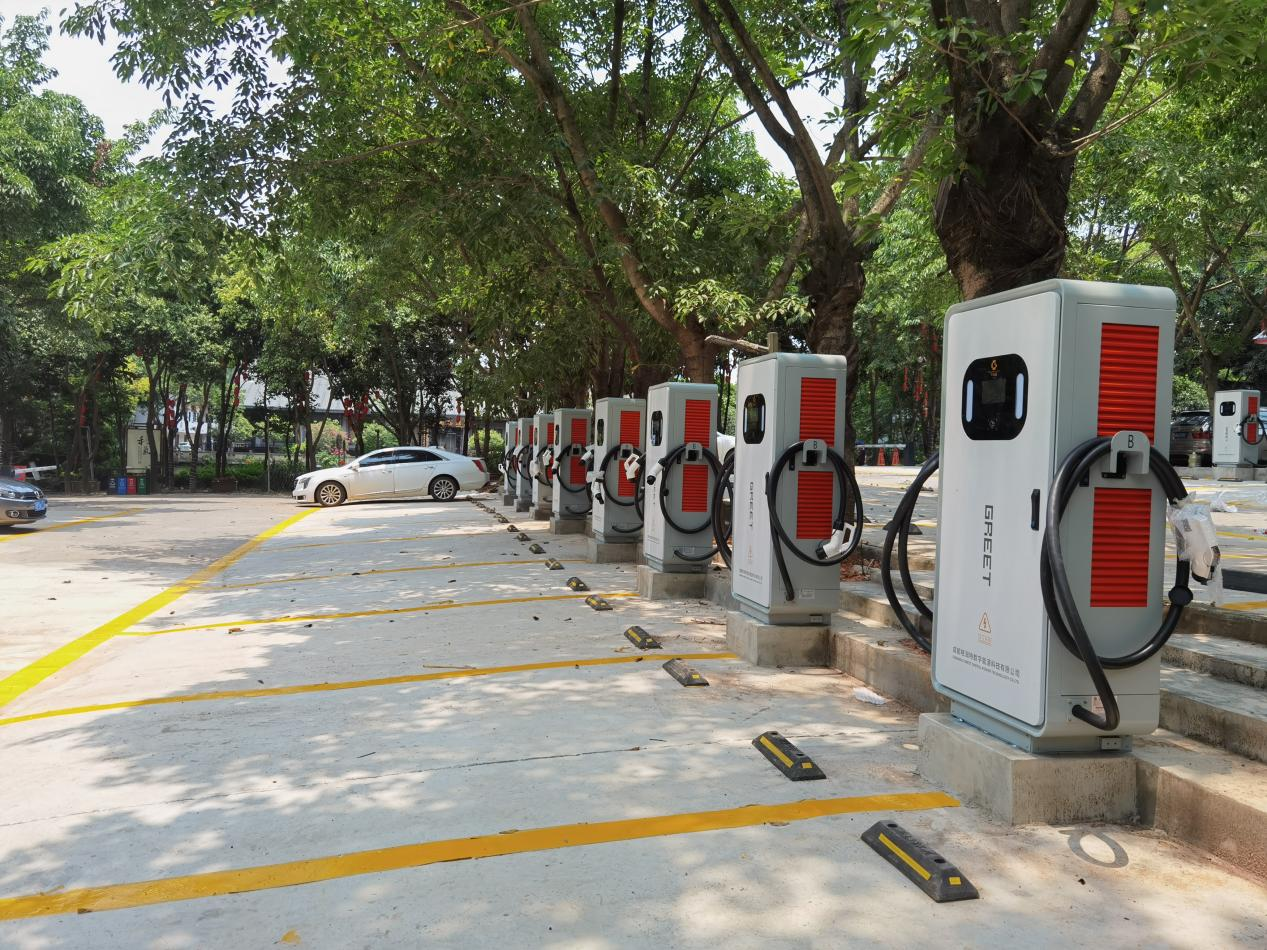Kingston, New York’s municipal council has enthusiastically approved the installation of cutting-edge ‘Level 3 fast-charging’ stations for electric vehicles (EVs), marking a significant stride towards sustainable transportation. This decision underscores the city’s commitment to embracing eco-friendly technologies while also grappling with the challenge of ensuring equitable access to charging services.
In a unanimous move, Kingston’s leaders have greenlit the establishment of a state-of-the-art fast-charging station within a city-owned parking facility. This initiative reflects the growing trend towards environmentally-conscious transportation solutions and recognizes the burgeoning presence of EVs on the streets. However, the approval is accompanied by a deliberation on devising a fair fee structure that considers the diverse socio-economic backgrounds of EV owners, including those from higher income brackets who predominantly utilize these vehicles.
Council member Michael Tierney, a staunch supporter of environmental initiatives, voiced his support for the proposal while stressing the importance of implementing inclusive strategies that benefit the entire community. He proposed exploring investments in shared resources like electric bike charging stations to mitigate concerns related to aftermarket battery fires and to enhance public transportation options.
From an economic perspective, Julie Noble, responsible for managing the city’s environmental education programs, suggested imposing higher fees for users of the new fast-charging stations. This recommendation is grounded in the increased electricity consumption and infrastructural demands associated with these advanced charging facilities.
These forthcoming fast-charging stations, funded by a substantial state grant, are poised to become a valuable asset for both local residents and visiting EV drivers seeking swift and efficient recharging options during their journeys.
Industry Outlook:
The EV charging station market, an integral component of the broader electric vehicle landscape, is experiencing rapid expansion, fueled by the global shift towards sustainable transportation. The surge in EV sales necessitates a parallel growth in charging infrastructure to accommodate the escalating demand. In recent years, governments at both local and international levels have emphasized the imperative of expanding such infrastructure to alleviate range anxiety and facilitate the transition to electric mobility.
Market Projections:
Market analyses predict exponential growth in the EV charging station sector, with projections of sustained expansion as more consumers transition from traditional internal combustion engine vehicles to electric ones. Factors contributing to this growth include technological innovations such as Level 3 fast-charging stations, capable of charging EV batteries up to 80% in under an hour, and legislative initiatives promoting zero-emissions vehicles (ZEVs). The increasing adoption of EVs, bolstered by government incentives and rising environmental consciousness among consumers, is anticipated to fuel demand for both public and private charging stations.
Industry/Product Challenges:
One of the primary challenges associated with the deployment of fast-charging infrastructure is ensuring equitable access for all segments of the population. Concerns have been raised regarding the potential for higher fees associated with installing and operating fast chargers, which could render them less accessible to lower-income EV owners. Striking a balance between user fees and the imperative for sustainable practices underscores the broader issue of environmental justice.
Furthermore, while fast chargers offer convenience, they also impose significant power loads that can strain electrical grids. Utilities and urban planners must carefully consider these implications as they expand charging networks. The integration of renewable energy sources to power these stations presents another hurdle that must be surmounted to ensure the sustainability of EV charging infrastructure.
As EV infrastructure expands, it is vital to address critical issues such as cybersecurity for smart chargers, the environmental footprint of EVs and their batteries throughout their lifecycle, and the transition of the workforce from traditional automotive roles to those supporting electrification. Kingston’s decision to invest in Level 3 fast-charging infrastructure, while concurrently addressing equity and broader environmental concerns, underscores the multifaceted challenges faced by communities worldwide as they navigate towards a greener future.
Contact Us:
For personalized consultation and inquiries about our charging solutions, please contact Lesley:
Email: sale03@cngreenscience.com
Phone: 0086 19158819659 (Wechat and Whatsapp)
Sichuan Green Science & Technology Ltd., Co.
Post time: Apr-17-2024





